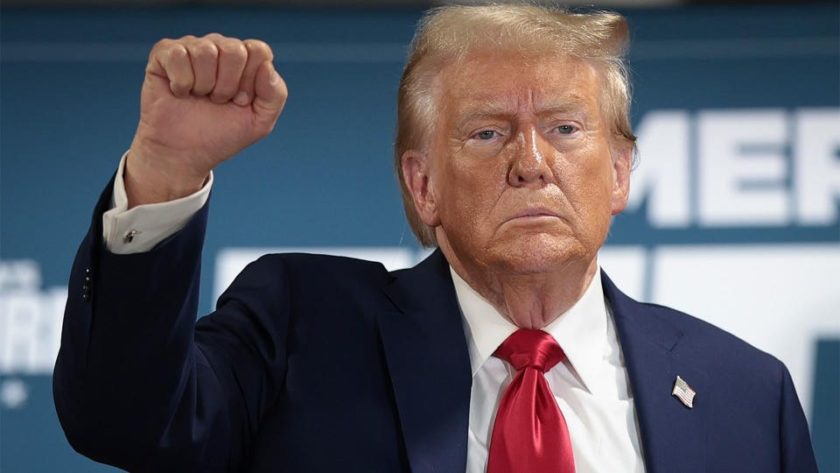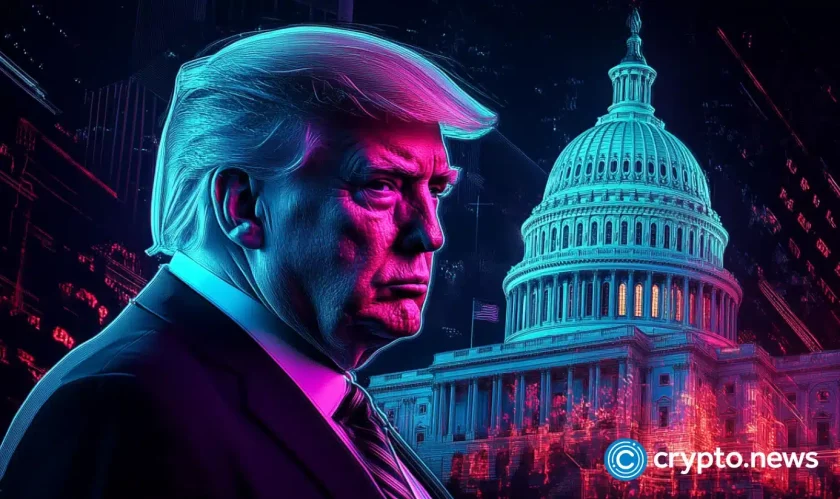Blockchain technology has been taking the world by a storm, and everyone seems to be eager to learn more about the technology and its various applications in different fields and sectors. While everyone is familiar with the use of this technology for cryptocurrency, there are a lot of other uses for the technology as well.
What Is Blockchain?
Although many are aware of the existence of blockchain technology, not many know what it exactly is. It is essentially a growing list of records (blocks), often stored on virtual ledger, or recorded in various systems. Each one of the blocks has the cryptographic hash of the previous block, and the system is entirely interconnected.
It was developed by an anonymous person, or a group of people, and places a great deal of importance on privacy, confidentiality and anonymity. Since these concepts resonate well with a number of industries, and users place a lot of importance on their personal details, it is natural that blockchain technology is used for a variety of applications.
Where Is Blockchain Technology Used?
This article takes a look at some of the areas that have had a breakthrough due to varied applications of blockchain technology. Some of these are commonly known, while others are not so popular. This is by no means an exhaustive list, as developments in the field of blockchain technology are constantly being built, and always evolving. Some of these areas include:
Digital Identity
Blockchain can serve as a cryptographic key for humans, allowing them a certain amount of ownership. Due to their push transaction nature, this technology provides ownership based on private keys, rather than on accounts and their associated permissions.
Tokenization
Most people are familiar with blockchain technology being used for tokenization, which has the capability to bond the physical and digital world as well as managing the assets. It is used as cryptocurrency, or as tokens that can be exchanged for services, or goods, depending on the token being used, and the provider in question.
Data Management
Blockchain technology has changed the way the world views and manipulates data. It has become less about collecting and managing databases, and more about maintaining a proper system of record. This makes this technology a very valuable asset, especially to data based organizations, and departments that require internal data transfer, and maintenance of records. It is indeed a revolutionary technology that changes our entire perception about data. Since data is pretty much what the new world runs on, this makes it highly significant.
For Smart Contracts
Blockchain is being used to form smart contract agreements and relationships digitally. A group of banks and insurance companies are also in the loop as they are making efforts to take the information stored on blockchain, and use it to substantiate or create legally binding documents. There are collaborations trying to get over the block size issues, as a blockchain can have a huge volume. This aside, there have been talks of federated blockchain too, in order to create smart contracts with large volumes of information on private, as well as public blockchain.
In fact, Ethereum went a step further and decided to come up with a system that applies business logic to blockchain. It uses business logic to analyse complex transaction requests, and then approves or denies them. This made Ethereum a platform that could run smart contract code, comprising of blockchain assets and carried out by blockchain protocols. It runs on the Ethereum network, in this case.
In Markets
Blockchain technology has been developed to an extent, where it acts as a digital bearer bonds. Digital unique keys can act as proof of ownership, and this ownership could represent, or be exchanged for digital or physical assets, or even be used to represent a stock. In fact, blockchain based trading is also widely prevalent today with a number of developments being made, like crypto bots.
Enable Regulatory Compliance
Being a trusted repository, blockchain technology can be leveraged to enable compliance to regulations in code. How blocks are made valid could translate legislative rules into digital code. This could mean better Anti money laundering functionalities for banks, among other things.
It ensures that banks can permit the right transactions, and report transactions that bend the rules. It could also automate the process of regulatory reporting and authorization of transactions. With time, this could change the entire finance world to ensure more compliance to regulations, and lesser loopholes. This makes it an interesting thought for the domain with unlimited possibilities that could be harnessed from blockchain technology.
For Governments
Many governments have expressed an interest in blockchain technology as it offers a lot of possibilities in the domain of national security and defense. They are interested in a number of areas related to the blockchain technology.
The ownership rights surrounding cryptographic keys, and the revocation is of great interest to governments. They also have a great deal of interest in the control of Blockchain networks, and the protocols and authorizations. Governments are interested in the authorization practices of the Blockchain technology too. This makes regulatory compliance with government policy a great business for many blockchain technologists.
Cross Border Payments

Often, payments that cross borders involve extra charges for conversion, and offer very low rates of exchange. This is accompanied by the extra processing fees that are involved when third parties also take part in the transaction.
All of this unnecessary cost can be avoided by blockchain-based payment transactions. They ensure that no third parties are involved, and also facilitate a quick and easy transfer. Thus, it is no wonder that this technology is widely preferred for cross border payments. In fact, there have been successful attempts to transfer funds across countries, and that has convinced all the parties involved, that a quick, efficient and cheap transfer of funds can take place with cross border payments using blockchain technology.
Notary
Blockchain-based apps like Uproov and stampd.io can be used as a convenient and inexpensive notary services. While Uproov can be used to notarize immediately after a user creates an image, video or audio recording, stamped.io is used to notarize the proof of ownership when it comes to digital creation. Though this is not widely popular like cryptocurrency, it is an application with a lot of potential and ample development space.
Distributed Cloud Storage
Companies like Storj use blockchain technology to provide users with fast, affordable, and secure cloud storage. This is quite important in a world that spends approximately $22 million on cloud storage. It opens up revenue streams for average users. It also significantly reduces the cost of data storage for both companies and personal users, and therefore it is an important resource.
Gift Cards and Loyalty Programs
Blockchain technology has strategically helped retailers and businesses offer gift cards and loyalty programs. This makes it cheaper for customers, and cuts out the middlemen in the process. All of this is possible through the technology’s unique verification capabilities. This ensures secure and proper partnership, and a profitable business.
Networking and IoT
Concepts like ADEPT use blockchain technology to provide a system backbone. They also use a mix of proof of stake and proof of work for transactions securely.
Blockchain acts as a public ledger for a number of devices, which in turn removes the need for a central hub. This serves as a hub for many devices, that too, at a lower cost. These devices would be able to communicate without any issues of software updates, bugs or energy management. This is a great use of the technology, and can be leveraged by a number of people and businesses.
Applications of Blockcain – Conclusion
With the growing interest in blockchain technology, and a lot of new developments being done, it is needless to say that this is an exhaustive list. These are just a few possible areas that could be important in the future. It has the potential to bridge the gap between a lot of industries, and possibly bring together a lot of different ideas.
Blockchain technology is known for being private, secure and anonymous. It makes transfer of funds easy, and allows for financial ease of use. With this technology being adopted in almost every field it is no wonder that it has a solution for everyone. This could very well be the future of the world, especially when it places a lot of importance on privacy and security.
With regulatory compliance and a great user base, it has a bunch of dedicated users. This is extremely useful for organizations with remote employees, or those that are involved in a global marketplace. Many companies are leading the change, using blockchain to transfer funds, or handle payrolls.
Spanning over multiple industries, it has a wide reach, with new additions being made everyday. It remains to be seen how other technologies adapt to this change.
The fact that it has won over a lot of former critics has been surprising, with almost every major company investing in blockchain solutions, in some form or the other. While it does not necessarily disrupt the world, it does take the spotlight, making it the most discussed buzzword of the day. It could be paving the way for a future filled with innovation, and it most definitely is here to stay.





